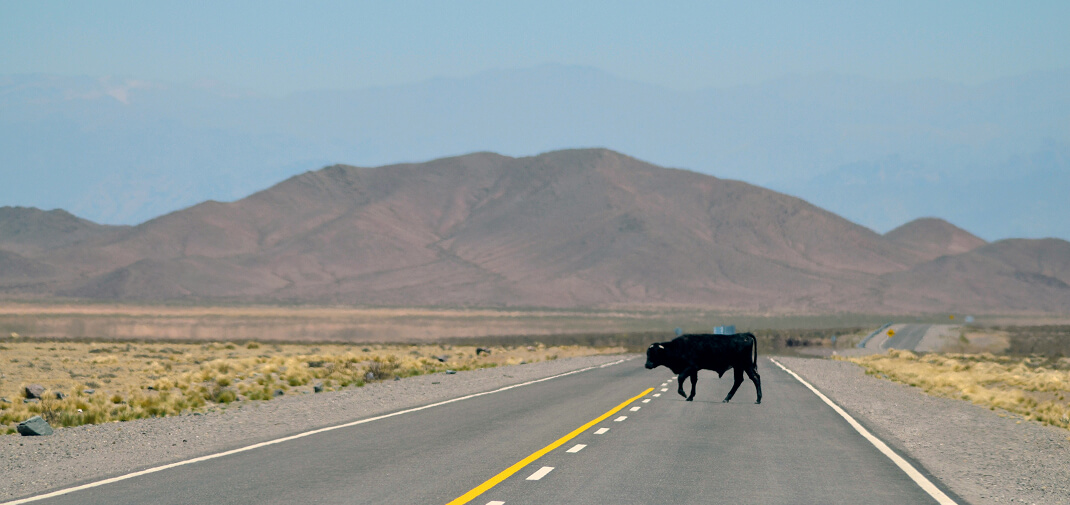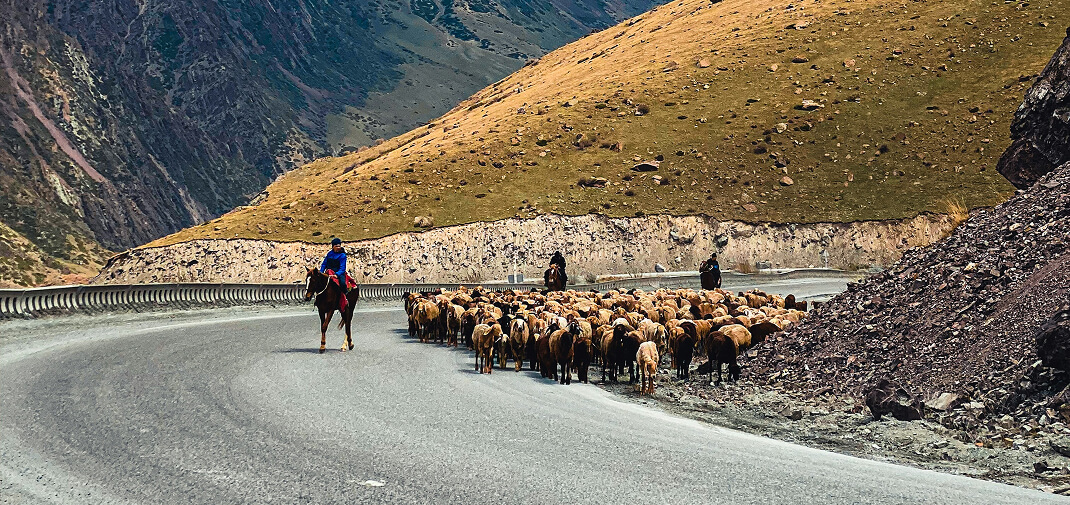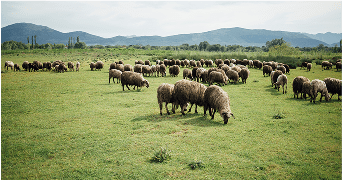
If you’ve been injured in a livestock accident, time is not on your side. Whether you’re recovering from physical injuries, facing unexpected medical bills, or mourning the loss of a loved one, one of the most important questions you may have is, How long do I have to file a lawsuit?
Every state sets strict legal deadlines called statutes of limitations that limit how long you have to file a claim after a livestock accident. If you miss that window, you may lose your right to pursue compensation entirely.
At Silva Injury Law, we help clients nationwide navigate complex claims and protect their rights before it’s too late. This article will help you understand how the livestock accident statute of limitations works, what factors can affect your deadline, and why having legal guidance is essential to protecting your case.
What Is a Statute of Limitations?
A statute of limitations is the legal deadline for filing a lawsuit after an accident or injury. These laws exist in every state and apply to different legal claims, such as personal injury, property damage, and wrongful death. If you miss the deadline, your case may be dismissed regardless of how severe your injuries are or how strong your evidence may be.
In the context of a livestock accident, the statute of limitations determines the time frame in which you can hold a negligent party legally and financially accountable for your losses. These losses may include medical bills, pain and suffering, vehicle repairs, and lost income.
How Long Do You Have to File a Livestock Accident?
There is no universal deadline for livestock accident claims. Each state sets its time limits, which can vary depending on the type of claim and who is involved. For example, California’s deadline for filing a personal injury claim is two years after the date of the livestock accident.
The most common statute of limitations for personal injury claims across the United States ranges from two to four years from the date of the accident. However, some states allow even less time, especially for wrongful death claims or cases involving government agencies.
Because of these differences, it’s important not to make assumptions about how long you have. If you wait too long, even by a few days, your claim could be permanently barred.
The Deadline Depends on the Type of Claim
The statute of limitations depends on the type of legal claim you’re pursuing, and the timeline for filing can vary based on when the harm occurred or when it was discovered.
Personal Injury Claims
Most personal injury statutes begin running on the date of the accident. That means if you were hit by a loose cow or horse on a rural road and suffered injuries, you usually have a set number of years from the day of the crash to file your claim.
Property Damage Claims
The deadline for filing a property claim may be longer. Some states allow more time for property damage claims than personal injury ones, but not all.
Wrongful Death Claims
When a livestock accident results in a fatality, the family of the deceased may have the right to file a wrongful death lawsuit. The clock for this type of claim typically starts on the date of death, not necessarily the date of the accident.
Statutes for wrongful death claims are often shorter than personal injury timelines, sometimes just one or two years. These cases also have unique procedural rules, so speaking with an attorney as early as possible is critical.
Are There Any Exceptions?
Yes. While statutes of limitations are firm deadlines, a few legal exceptions may allow more time to file under certain circumstances.
The Discovery Rule
Some injuries or damages aren’t apparent right away. For example, a traumatic brain injury might not be diagnosed until weeks after the accident. In these cases, the statute of limitations may start when you discovered (or reasonably should have discovered) the injury, not the day of the crash.
However, this rule doesn’t apply in every state or every situation. It’s best not to rely on the discovery rule unless a lawyer has confirmed that it applies to your case.
Incapacity
If the injured person was a minor, the statute of limitations may be paused until the minor reaches legal age, usually 18. Similarly, if the injured person was mentally incapacitated at the time of the accident, the statute of limitations may be paused until they regain legal capacity. Once that happens, the clock starts ticking.
Government Entities
If your claim involves a government agency, such as a transportation department responsible for fencing or signage, you may face a much shorter deadline, sometimes as little as 90 to 180 days, to file a notice of claim. Missing this notice deadline can prevent you from filing a lawsuit.
Why You Shouldn’t Wait to Contact a Lawyer
Even if it seems like you have plenty of time, waiting to get legal help can hurt your case. Evidence disappears. Witnesses move away. Memories fade. And insurance companies may use delays to argue that your injuries aren’t as serious as you claim.
At Silva Injury Law, we don’t just file paperwork. We help you take control of your recovery. Our team works to investigate your accident, preserve evidence, identify the correct statute of limitations, and build a strong case from day one. We handle the legal side so you can focus on healing.
We don’t back down from aggressive insurance companies. And we’re always ready to take your case to trial to fight for the justice you deserve. Contact us today to schedule a free consultation to learn more.
Don’t Let Time Run Out—Get Help Today
After a livestock accident, you deserve time to recover, not rush through complicated legal deadlines alone. Unfortunately, the law won’t wait. Once the livestock accident statute of limitations expires, your right to seek justice could be permanently lost.
At Silva Injury Law, we make sure that doesn’t happen. We take the burden off your shoulders and handle every part of your case, including identifying the correct filing deadline.
Don’t guess at your deadline. Schedule your free, no-obligation consultation today. We’ll listen to your story, answer your questions, and act quickly to preserve your claim so you can focus on rebuilding your life.

